Introduction:
In today’s artificial intelligence (AI) age, vast amounts of information are available on the internet, waiting to be harnessed for valuable insights and innovative applications. Web scraping, a data extraction technique, has emerged as a powerful tool to automate the process of gathering data from websites. From market research and competitive analysis to price monitoring and content aggregation, web scrapers play a crucial role in unlocking the hidden potential of the internet. In this comprehensive guide, we will explore the world of web scrapers, their applications, benefits, challenges, and best practices to harness the full power of this cutting-edge technology.
Understanding Web Scrapers:
Web scrapers, also known as web crawlers or web spiders, are software tools designed to extract data from websites. They navigate through websites, collect specific data, and store it for further analysis or integration into various applications. Web scraping enables businesses and researchers to access real-time and relevant information efficiently, ultimately enhancing decision-making processes.
Types of Web Scrapers:
a) Simple Web Scrapers: These are basic tools that extract data from a single web page or a limited set of pages. They work well for smaller projects with straightforward data extraction needs.
b) Advanced Web Scrapers: These are sophisticated solutions that can crawl through multiple pages, handling dynamic content and complex website structures. Advanced web scrapers use techniques like JavaScript rendering to scrape websites with AJAX-based content.
c) Custom Web Scrapers: Tailor-made web scrapers designed to extract data from specific websites, even those with robust security measures.
Applications of Web Scrapers:
a) Market Research and Competitive Analysis: Web scrapers gather valuable data about competitors, prices, product offerings, and customer sentiments. Businesses can leverage this information to make informed decisions and stay ahead of the market.
b) Price Monitoring: E-commerce businesses use web scrapers to monitor competitor prices, allowing them to adjust their own pricing strategies in real-time for increased competitiveness.
c) Content Aggregation: Media companies and content marketers use web scrapers to gather news articles, blog posts, and other relevant content for curation and distribution.
d) Lead Generation: Web scrapers can extract contact information from websites to build targeted lead lists for sales and marketing purposes.
e) Sentiment Analysis: Social media monitoring tools often use web scrapers to gather and analyze customer sentiments from various platforms.
f) Real Estate and Property Listings: Web scrapers can extract property listings, rental prices, and other relevant information from real estate websites. This data assists real estate agents and investors in analyzing market trends, identifying investment opportunities, and conducting market research.
g) Financial Data Analysis: Web scrapers can extract financial data, stock prices, and news articles from various sources. This information is valuable for financial institutions, traders, and investors to track market movements, analyze trends, and make informed investment decisions.
Benefits of Web Scrapers:
a) Time and Cost Savings: Web scraping automates data extraction, reducing manual effort and operational costs associated with data collection.
b) Real-Time Insights: Web scrapers provide access to real-time data, enabling businesses to make timely and informed decisions.
c) Competitive Advantage: By accessing competitor data and market insights, companies can gain a competitive edge and stay ahead in the industry.
d) Customizability: Custom web scrapers can be tailored to specific business needs, ensuring accurate and relevant data extraction.
e) Data-driven Insights: Web scrapers provide access to a vast amount of data that can be analyzed to gain valuable insights. By extracting relevant information from websites, businesses can uncover patterns, identify customer preferences, and make data-driven decisions.
f) Scalability: Web scrapers can handle large volumes of data from multiple sources simultaneously, making them highly scalable. This allows businesses to extract data from numerous websites and sources to create comprehensive datasets for analysis.
Conclusion:
Web scrapers have emerged as powerful tools that unlock valuable data from the vast expanse of the internet. From market research and lead generation to competitive analysis and content aggregation, web scraping has become an indispensable asset for businesses and researchers alike. However, it is essential to navigate web scraping responsibly, adhering to ethical considerations and legal regulations.
As technology continues to advance, web scrapers will become even more sophisticated, enabling businesses to extract valuable insights, make data-driven decisions, and gain a competitive edge in their respective industries. Embracing web scraping with best practices and a responsible approach will undoubtedly pave the way for success in this data-driven era.

